Max Richter at Rough Trade East
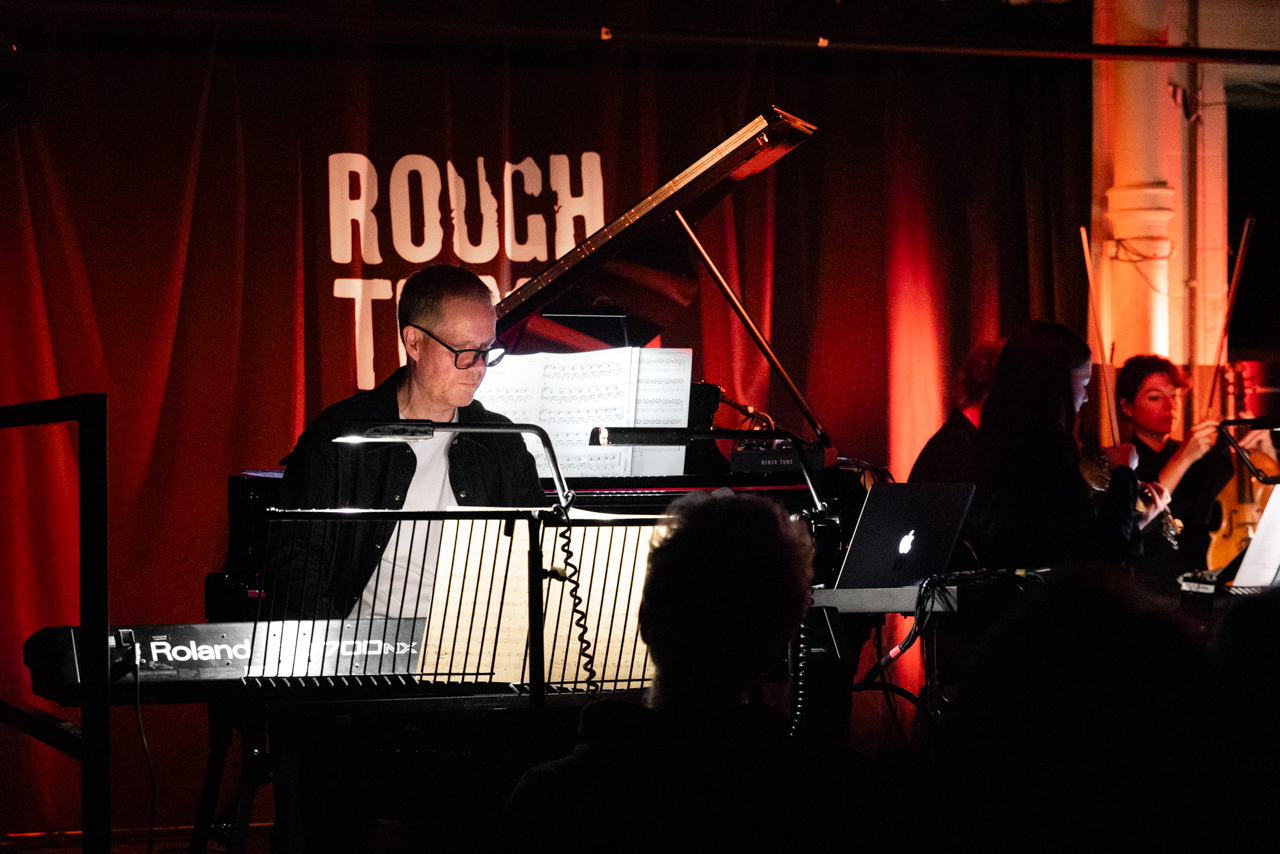
The joy of seeing an artist of Max Richter’s calibre in such a small venue – a record shop – is immense. Though this stage boasts an impressive history, having hosted acts like Blur, Björk and Mumford & Sons, and nearly witnessing the launch of In Rainbows before Radiohead were forced to move next door at 93 Feet East, it’s just not the place where you’d expect to experience a classical music concert.
The joy is even greater when the show is a premiere, albeit only a UK one. Unlike Voices, which debuted on London soil at the dawn of the pandemic, Richter performed In a Landscape merely a few days ago in Geneva.
The Rough Trade East sound won’t match the acoustics of the Royal Festival Hall, and it won’t offer the comfort and beauty of the Barbican, yet it’s in these very imperfections – the contrast between where we are and what’s being played – that not only resonate more deeply with the music of the British composer but also lie at the heart of the album.
“The record, for me, is about reconciling things that seem disparate or in opposition to one another,” Richter tells the crowd. “It’s about finding a fruitful, harmonious relationship between these elements: electric and instrumental music, natural and electronic sound, the human and technological worlds. It also reflects both the landscape we inhabit and the one we carry within ourselves. The record, in a way, is looking for some kind of harmony, which, given the world we’re living in, is really something we could do with.”
For someone so prolific, Richter seems to have been taking his time recently, making a quiet return earlier this year with the brilliant score for introspective sci-fi drama Spaceman, only to announce his new work just months later.
In a Landscape is performed faithfully, track by track, with Richter alternating between his keyboard and piano, while a string quintet delivers the symphonic arrangements. It begins with They Will Shade Us With Their Wings, one of the most intense of the new compositions. Starting with a cycle of deep bass notes, it slowly builds in tension until the violin brings a profound sense of disquiet and sorrow.
The album is closer to the more minimalist sounds of Richter’s earlier work, yet still carries the layers of musical complexity he has developed throughout his career. The composer’s maturity shines through in every track, especially in The Poetry of Earth (Geophony), where there’s a perfect harmony between the calmness of the piano and the expressiveness of the strings.
It wouldn’t be a Richter album without a piece that weaves between the cello and violin. Late and Soon is at times reminiscent of On the Nature of Daylight, but in a more emotionally restrained, less haunting form. Fans of the purely minimalist piano sound will find solace in Andante, but this is not a piano-centric album. If anything, it’s a work for strings, as beautifully demonstrated in the moving Love Song (After JE).
Richter saved the best for last with Movement, Before All Flowers, the leading single of In a Landscape. It’s easily one of the finest compositions he’s made in the past decade, suspended somewhere between In the Garden and Mercy, and driven by a relentless piano melody. It’s the sound of a composer who is fully in control of the nuances of his craft.
Filippo L’Astorina, the Editor
Photos: Filippo L’Astorina
For further information and future events visit Max Richter’s website here.
Watch the video for Movement, Before All Flowers here:


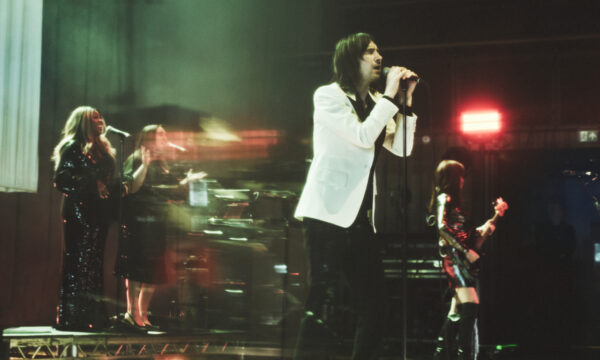
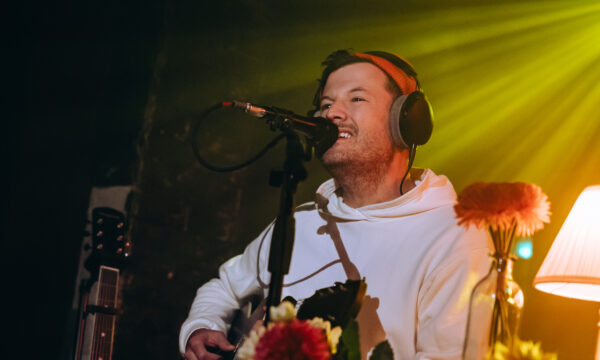

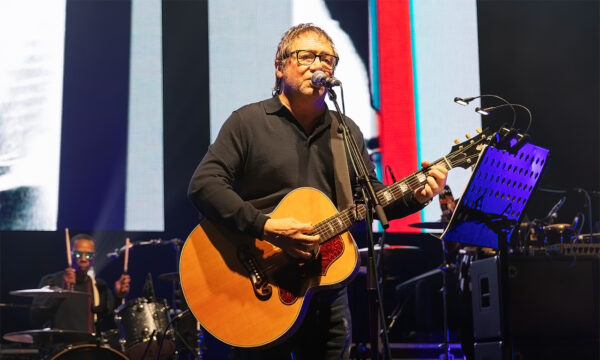
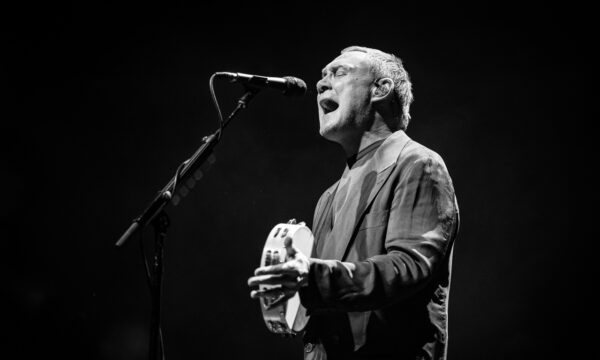

















Facebook
Twitter
Instagram
YouTube
RSS